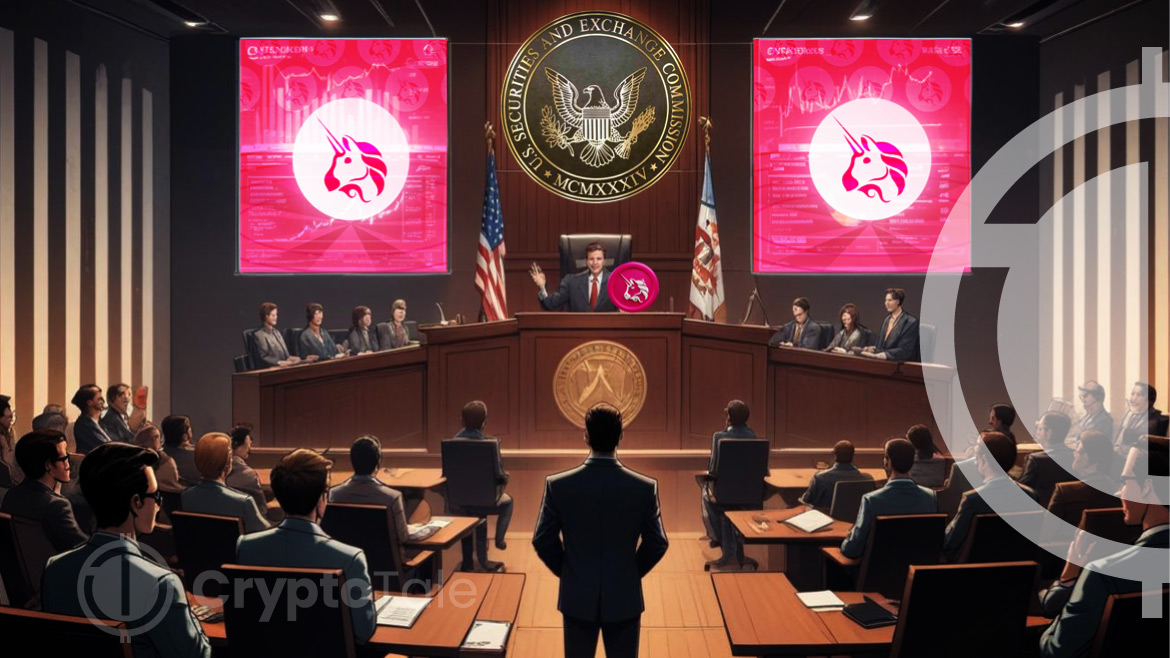- Uniswap Labs urges SEC to abandon the DeFi regulation proposal, citing the Supreme Court’s rejection of Chevron’s deference.
- Katherine Minarik argues that the SEC’s DeFi rule stretches statutory text and will likely face judicial challenges.
- SEC’s proposed DeFi amendments allegedly lack clear limits, risking resource waste and inconsistent guidance.
Uniswap Labs has once again urged the U.S. Securities and Exchange Commission (SEC) to halt its proposal to regulate decentralized finance (DeFi). The company cites a recent Supreme Court decision as a key reason. Uniswap’s Chief Legal Officer, Katherine Minarik, highlighted the impact of the June 28 Supreme Court ruling in the Loper Bright Enterprises v. Raimondo case, which rejected the Chevron deference. This ruling affects the SEC’s ability to interpret ambiguous laws without judicial oversight.
The Chevron deference allowed federal agencies to interpret ambiguous laws, but its rejection means courts no longer have to defer to these agencies’ interpretations. Uniswap argues that the SEC’s proposal to expand the definition of an “exchange” to include DeFi was already flawed. Minarik emphasized that the proposal is even less viable under the current legal standard. She noted that continuing with the proposal would waste the SEC’s resources, given the new judicial landscape.
Uniswap contends that the proposed amendments to the Exchange Act stretch the statutory text too far. The company believes that a reviewing court would likely conclude the same. The breadth of the amendment has “no discernible limits” to the public, leading to potential inconsistencies and lack of clear guidance. Uniswap’s position is that the SEC would have to litigate each case individually.
21Shares Updates S-1 for Spot Ethereum ETF Amid SEC Timeline ComplianceMinarik pointed out that both the SEC and the industry have better ways to allocate their resources than engaging in prolonged litigation over an “unlawful rule.” The company believes that moving forward with the proposed amendments would lead to ongoing court battles and uncertain outcomes.
Uniswap Labs’ argument rests on the premise that the SEC’s efforts to redefine “exchange” are now more likely to face judicial challenges. The Supreme Court’s decision has fundamentally changed the regulatory environment. Therefore, Uniswap urges the SEC to abandon its current course and seek more effective ways to address the regulatory needs of the DeFi space.






